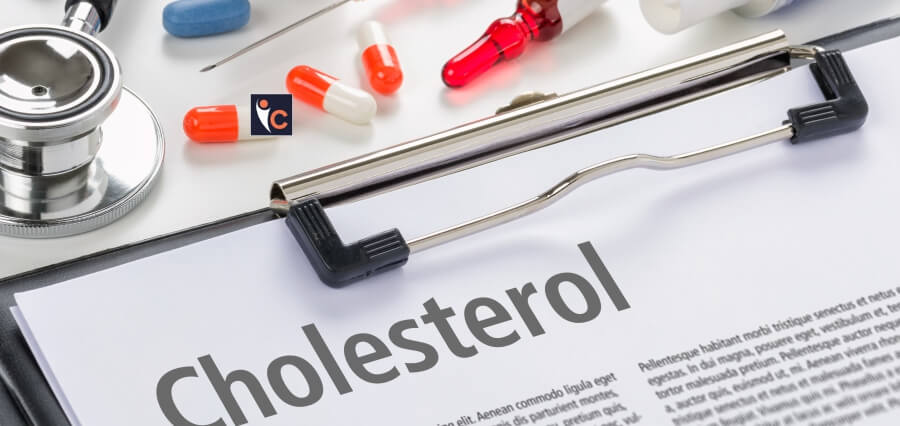A novel vaccination that researchers have created has the potential to revolutionize the medical landscape by offering a low-cost way to reduce “bad” LDL cholesterol, which builds up harmful plaques that can obstruct blood arteries. Heart disease and stroke are two cardiovascular disorders that are made more likely by excessive cholesterol.
The World Health Organization estimates that over 18 million people worldwide lose their lives to cardiovascular illnesses each year. According to a study, the new vaccinations reduced LDL cholesterol nearly as well as a pricy family of medications called PCSK9 inhibitors.
Professor Bryce Chackerian of The University of New Mexico’s Department of Molecular Genetics and Microbiology stated, “We are interested in trying to develop another approach that would be less expensive and more broadly applicable, not just in the US, but in places that don’t have the resources to afford these very, very expensive therapies.”
The PCSK9 protein is the target of the PCSK9 monoclonal injection. In general, the body produces more PCSK9 when it comes to LDL cholesterol. The twice-monthly injections to block that protein, according to cardiologist Abinash Achrekar, vice chair and professor in the UNM Department of Internal Medicine, lower his bad cholesterol by roughly 60%. However, they come at a high cost and need previous authorization from a primary care physician.
The group developed a novel vaccine that particularly targets PCSK9 in order to lower the cost. According to Chackerian, “the vaccine is based on a non-infectious virus particle.” “It is just the shell of a virus, and it turns out that we can use that shell of a virus to develop vaccines against all sorts of different things.”
In this instance, according to Chackerian, he adhered minuscule fragments of the PCSK9 protein to the viral particle surface. “So, your immune system makes a really strong antibody response against this protein that’s involved in controlling cholesterol levels,” he explained.
“In the animals that we vaccinated, we see strong reductions in cholesterol levels — up to 30 per cent — and that is going to be correlated with reduced risk of heart disease.”
The vaccine has undergone encouraging testing on mice and monkeys for the last ten years. The next stage, according to Chackerian, is to secure financing to begin producing vaccines and conducting human clinical studies. Creating a vaccination that is pure, safe, and reasonably priced may require years of work and several million dollars, but the effort is worthwhile.
Because his vaccine is created with a cheap and simple microbe, he predicts that each dosage might cost less than $100. He remarked, “We’re thinking tens of dollars a dose,” and that each dosage would last for almost a full year. “We hope to have a vaccine in people in the next 10 years,” he stated.
Read More: https://insightscare.com/















